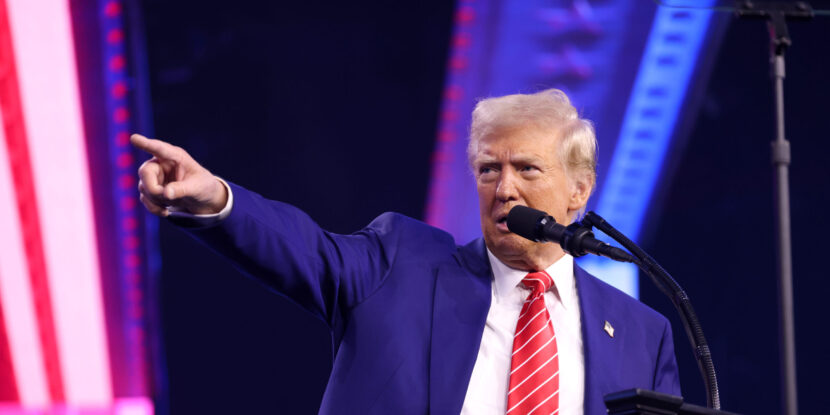There is an ongoing push for President Donald J. Trump to cut ties between federal financial regulators and Institutional Shareholder Services (ISS). The foreign-owned financial services company acts as a proxy advisory firm, providing proxy voting services and data to corporate shareholders—and pushes radical environmental, social, and governance (ESG) and diversity, equity, and inclusion (DEI) policies.
Proxy voting is a practice in which an outside advisory company, like ISS, is hired to act on behalf of institutional shareholders in various companies. Essentially, ISS is contracted to act on behalf of the shareholders, including executing votes on corporate policies and executive leadership in the companies in which the corporate client holds shares. JP Morgan CEO Jamie Dimon has criticized the practice—and specifically the actions of ISS— calling the firm “incompetent” and arguing they are “owned by the NGOs” beholden to leftist policy interests.
ISS AND THE SEC.
ISS’s primary federal relationships are with the Securities and Exchange Commission (SEC) which has paid the firm an estimated $1.3 million since 2009 for access to proxy vote data and other financial information. Additionally, the United States Agency for International Development (USAID) has paid out thousands of taxpayer dollars for access to ISS’s risk metrics database.
While federal access to the financial data provided by ISS is important, the financial services company’s decision to promote far-left policies within American corporates and its partial ownership by the German-based financial services conglomerate Deutsche Börse Group raises serious concerns. In addition, ISS controls roughly 48 percent of the proxy advisory industry, with their only other actual competitor being Glass Lewis, which holds roughly a 42 percent market share. This unusual market situation suggests the federal government, rather than doing business with the foreign-owned ISS, should instead be looking to regulate the company, as the market currently lacks any significant competition.
ANTITRUST AND FOREIGN INFLUENCE.
Notably, the U.S. House of Representatives subpoenaed ISS executives in 2023 over allegations the firm colluded with Glass Lewis to essentially “fix” the proxy advisory market, ensuring no other competitors could gain any significant market share against the two firms. This behavior is a classic antitrust situation that would normally necessitate federal action. However, ISS’s business with the SEC raises concerns of undue influence.
ISS maintains an entire ESG practice, pushing these policies in proxy shareholder votes when corporations select new board chairmen or CEOs. Additionally, the fact that ISS is foreign-owned raises concerns that the company could be exerting undue foreign influence over American domestic financial policies—especially with its net-zero carbon agenda.
Congress has asked the U.S. Treasury Department-led Committee on Foreign Investment in the United States (CFIUS) to investigate the Deutsche Börse Group’s acquisition of ISS and whether it poses a threat to American national and economic security. Notably, the Deutsche Börse Group is alleged to have questionable business ties to China and critics contend the German conglomerate pushes policies seen as favorable to the Chinese Communist Party (CCP).




















